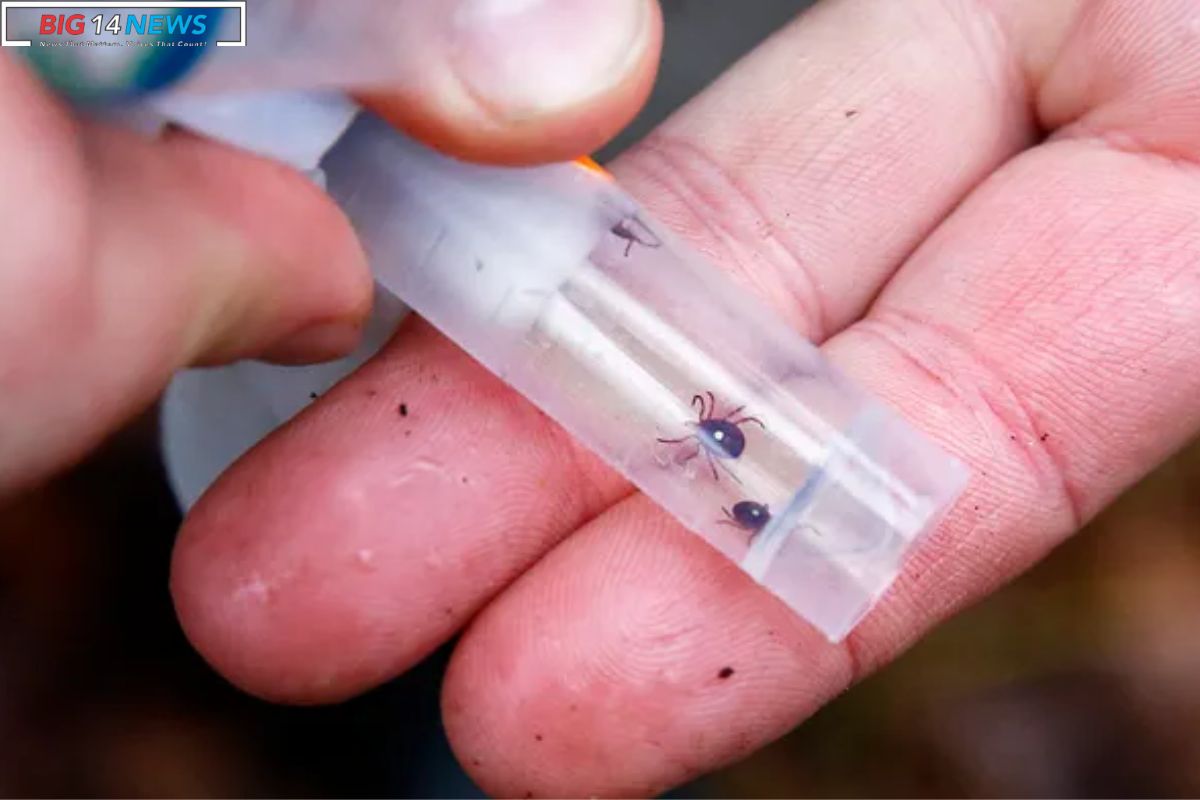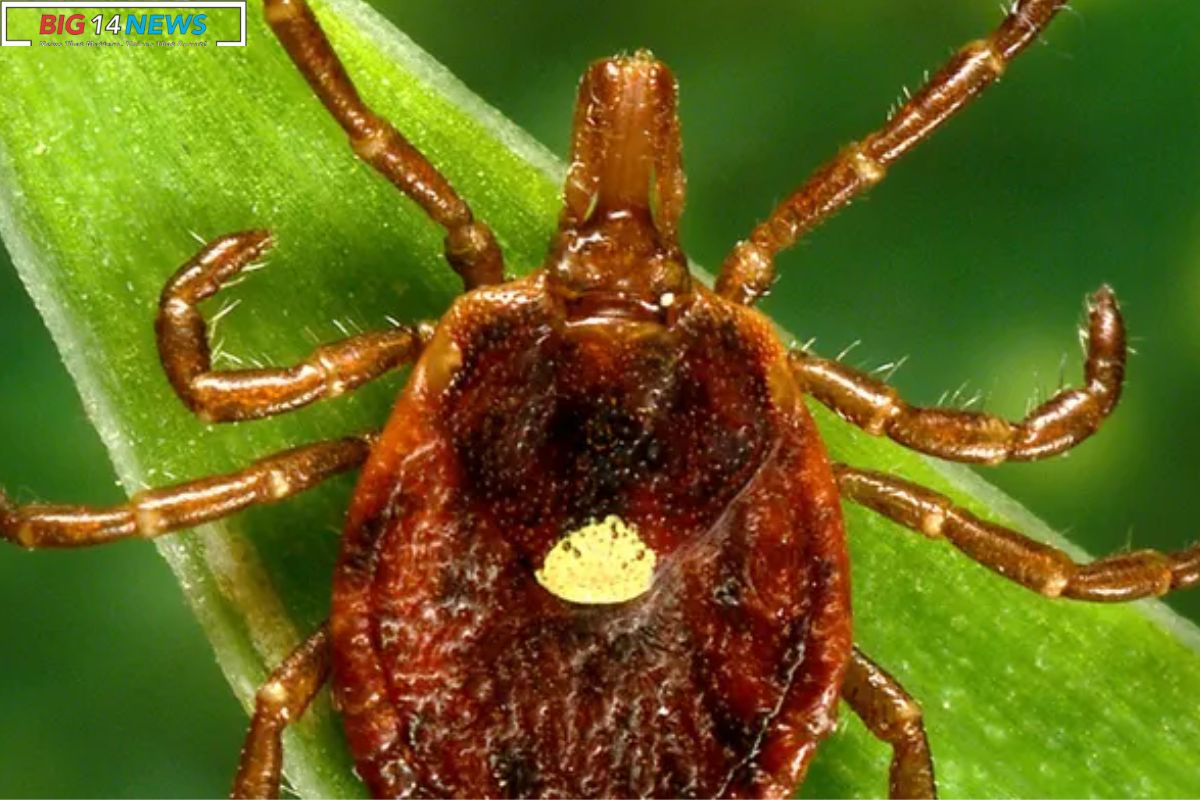Alpha Gal Syndrome Surge in Virginia: Virginia health officials are concerned about increase in alpha-gal syndrome (AGS), a potentially fatal meat allergy transmitted by ticks. The CDC warned last month that the reaction can cause hives, angioedema, diarrhea, headaches, and death. The lone star tick in Virginia spreads the sickness.
“The tick’s saliva triggers antibody production in the immune system,” said the Virginia Department of Health (VDH). This may trigger allergies. The CDC is concerned about AGS as it could be fatal. AGS spreads rapidly through tick saliva, unlike other tick-borne illnesses. The tick doesn’t have to stay on the body for long.
AGS can cause hives, stomachaches, angioedema, nasal congestion, sneezing, and low blood pressure, among other symptoms. In the worst cases, it can be lethal. Symptoms typically appear 4-8 hours after consuming red meat or foods high in alpha-gal sugar molecules, such as certain medicines and dairy products.
Julia Murphy, a state public health veterinarian with the VDH, suggests wearing light-colored clothes for easy tick spotting and using repellents with 20% to 30% DEET. She advises checking for ticks upon returning indoors. Henrico County officials advise avoiding wooded areas with tall grass and using permethrin on clothes for protection. “Having alpha-gal means an uncertain future for dietary and drug restrictions,” Murphy said. Avoid pork, beef, rabbit, lamb, or deer if you have this condition. They should also avoid dairy products and certain medicines. People with AGS who take cetuximab can have allergic responses.


ALSO READ: Maternity Care Deserts: A Growing Challenge for Women’s Health in the U.S.
The lone star tick carries a sugar molecule called alpha-gal. Saliva is injected into the blood when it bites, triggering an immune system response. The body produces antibodies against alpha-gal. This hampers the immune system’s ability to distinguish alpha-gal from tick bites and alpha-gal in food, leading to potential allergic reactions.
Murphy advises avoiding tick bites to prevent AGS, as no treatment is currently available. “There are many lone star ticks in Virginia, so people with alpha-gal are here,” she said.
Health experts advise caution, especially when ticks are more active in warmer weather. They also urge people to spread awareness about this rare yet severe illness, which greatly impacts people’s lives.CDC discovered AGS in 2008, ongoing study continues to gather knowledge. Health officials stress prevention and remain vigilant as Virginia’s case numbers rise.

